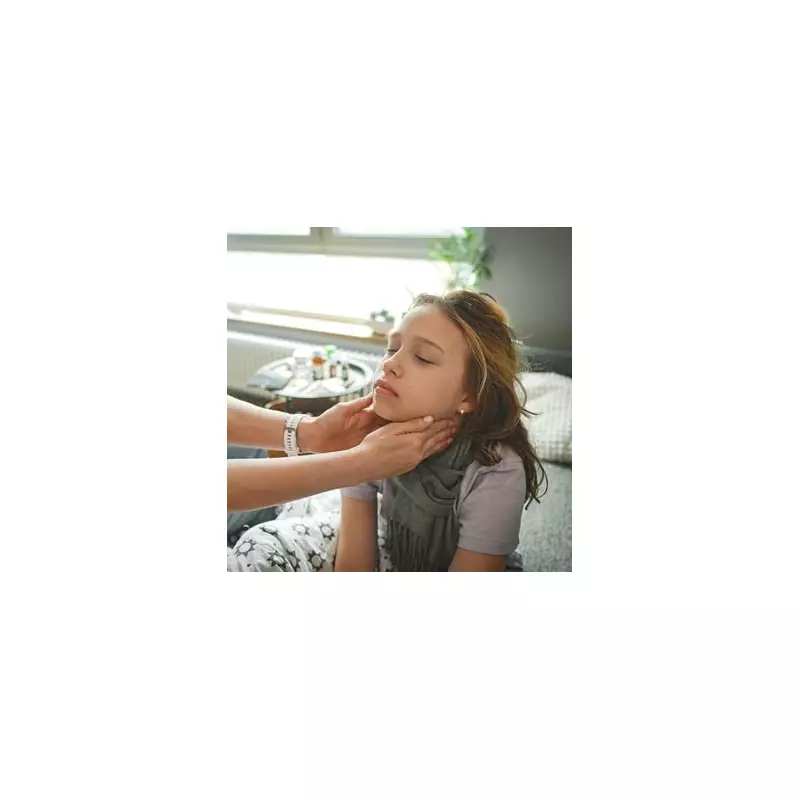
The NHS has issued a vital public health alert, urging Brits to treat one specific breathing difficulty as a major red flag for a deadly silent heart attack and to call 999 without delay.
This critical warning comes from the nation's leading heart charities, who are highlighting a symptom that is often dismissed as a sign of mere fatigue or ageing, but can be the only outward sign of a cardiac emergency.
The Symptom You Must Not Ignore
Medical experts are zeroing in on one crucial symptom: becoming breathless doing something that previously caused no issues. This isn't about being out of puff after intense exercise; it's a new, unexplained shortness of breath during routine activities like walking to the kitchen, making a bed, or climbing a short flight of stairs.
This type of breathlessness is a hallmark of a silent heart attack, where the classic Hollywood-style chest-clutching pain is absent. Instead, the body signals distress through extreme fatigue and this telling breathing difficulty.
Why This Warning Is So Critical
Silent heart attacks are particularly dangerous because their symptoms are easy to attribute to less serious causes. Many patients report feeling 'more tired than usual' or simply 'not as fit as they used to be', causing deadly delays in seeking treatment.
Every moment counts during a heart attack. Calling 999 immediately is the only correct course of action, as ambulance crews can begin life-saving treatment the second they arrive, dramatically improving the chances of survival and recovery.
Other Subtle Signs of a Silent Heart Attack
While sudden breathlessness is a primary concern, the NHS and British Heart Foundation advise also being vigilant for a combination of other subtle symptoms, including:
- A feeling of severe, unexplained anxiety or a sense of 'impending doom'
- Persistent coughing or wheezing
- Overwhelming fatigue that shuts down your day
- Nausea, dizziness, or feeling lightheaded
- An overall feeling of being unwell without a clear cause
If you or someone else experiences sudden breathlessness alongside any of these signs, do not hesitate—call 999 immediately. Your swift action could save a life.





